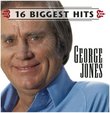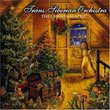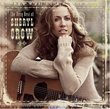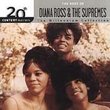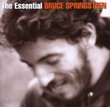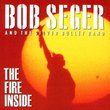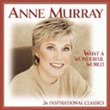| All Artists: Ray Conniff Title: Great Contemporary Instrumental Hits / I'd Like to Members Wishing: 0 Total Copies: 0 Label: Collectables Release Date: 5/21/2002 Genres: Jazz, Pop, Broadway & Vocalists Styles: Vocal Jazz, Easy Listening, Vocal Pop, Traditional Vocal Pop Number of Discs: 1 SwapaCD Credits: 1 UPC: 090431745625 |
Search - Ray Conniff :: Great Contemporary Instrumental Hits / I'd Like to
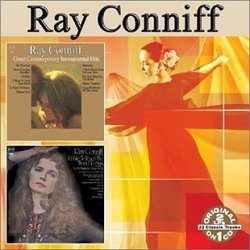 | Ray Conniff Great Contemporary Instrumental Hits / I'd Like to Genres: Jazz, Pop, Broadway & Vocalists
|
Larger Image |
CD DetailsSimilarly Requested CDs
|
CD ReviewsRay Conniff - I'd Like To Teach The World To Sing 007 | London, England | 09/23/2005 (5 out of 5 stars) "This album is definately one of a kind and Ray Conniff never bettered this, albeit short era in his long career. The production sound is utterly unique to the era and can never be repeated. The vocal 'wall of harmony' with distinctive reverb, the bass drum sound, the all swinging, tambourine-shakin' production style that can never be re-captured. From hippie folk music to early prog rock to easy listening, this was a time when musical borders were not so clearly defined and the 'easy' sub-culture was as relevant as The Beatles or Stones to most people. A less-cynical crowd we were then, and this is great music without pretension. The choice of songs is superb and the voices are beautifully tight while still sounding like they're reading the lyric as opposed to just reciting. Widely regarded also is the fact that the Conniff version of the title track is the definitive. Conniff's arrangements were always original but (if I may say) I find most albums a bit twee and sugary for my taste. I've tried collecting other albums in the hope of a duplicate but always end up back to this one. And here on I'd Like To Teach The World To Sing from 1971 is something that sounds to me as though even this bunch of people believed in the revolution that was taking place across the U.S. Peace, love, anti-war and love your brother easy-listening style. The boy-girl singers' chemistry is cool too. It's a record that holds nostalgic, sentimental value for me, but there's no doubting Conniff's massive contribution to music over the years. A very talented arranger. This is an undiscovered gem from a great era. Check it out." Wonderful muzak-like interpretations Elwood Conway | Frankfort, KY United States | 01/10/2003 (4 out of 5 stars) "Remember how you used to make fun of Muzak tunes in elevators and shopping malls? Well Ray Conniff brings every big hit from 1969 and 1970 to you via the musical magic that only he (and Percy Faith) can muster. Perky singers and flashy brass doing the Beatles, Tom Jones, John Lennon, Cher and more. Listening to this, you fill find yourself wondering why your foot is tapping and why you occasionally sing along in vocal characterizations that belong on the Lawrence Welk show. Rarely, the music can be repetitive. Usually it is inspired in a sort of mutton-chop, leisure suit kinda way. It had its crowd in the late 60s and early 70s and has one here as well. Great funky poarty music as well...turn this on and every head will turn! Grab this one because it is Ray's best two albums ever released in my opinion." Great Contemporary Instrumental Hits - Ray Conniff Lim C. Yin | 10/29/2006 (4 out of 5 stars) "Ray Conniff has always been my favourite band from the seventies. I like his style in conducting by blending the brass and voices. In fact his first album "S'Wonderful" gave me the initial love to his distinctive type of music.
This album contains more popular titles with his lively (swinging) rhythm which is very relaxing to listen or dance to. His interpretation of "I'd Like To Teach the World to Sing" is my top favourite, apart from the advertising value. In fact I owned most of his vinyl LPs but wanted to own some of the CDs to take advantage of the better audio reproduction. Some of his albums you need to increase slightly the bass and treble to obtain better "color" on the fidelity of the early audio recording technology." |

 Track Listings (22) - Disc #1
Track Listings (22) - Disc #1
